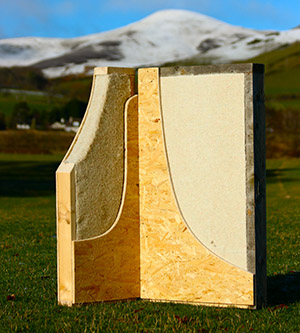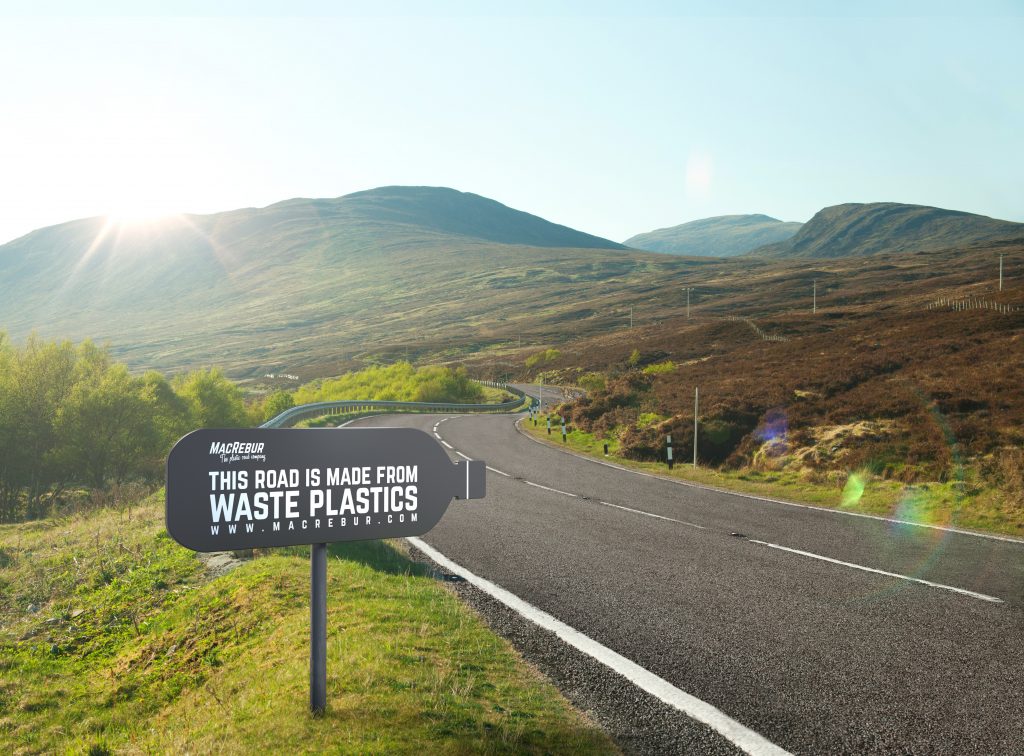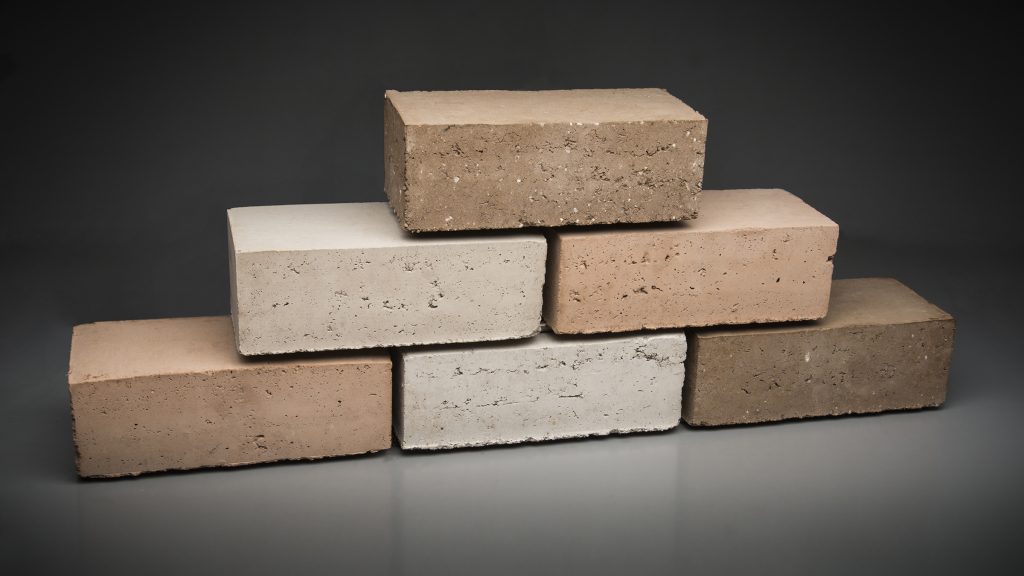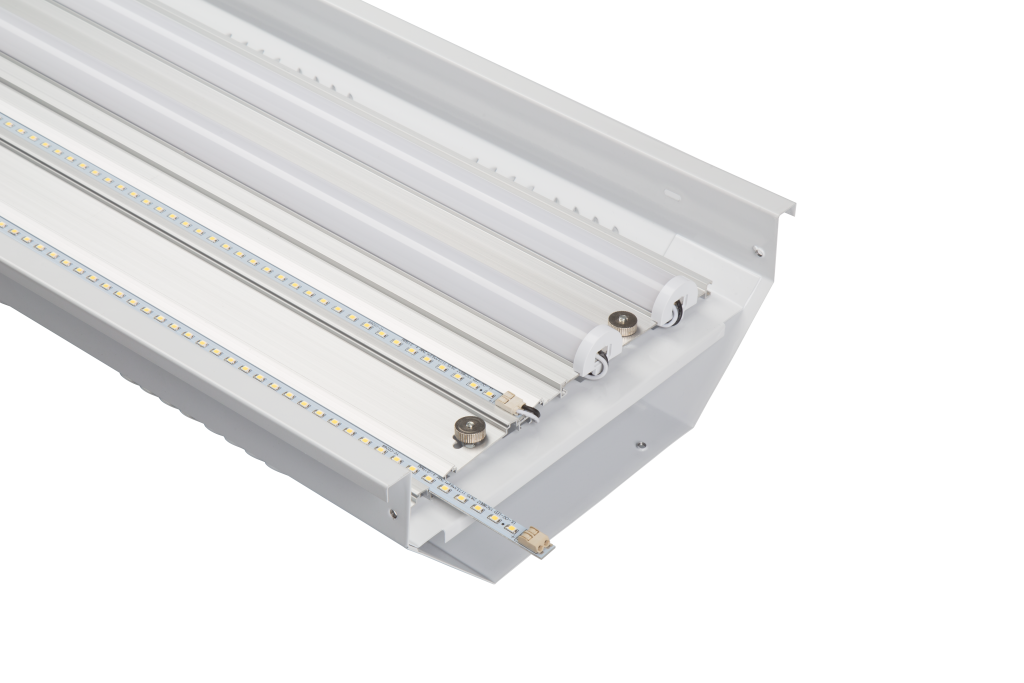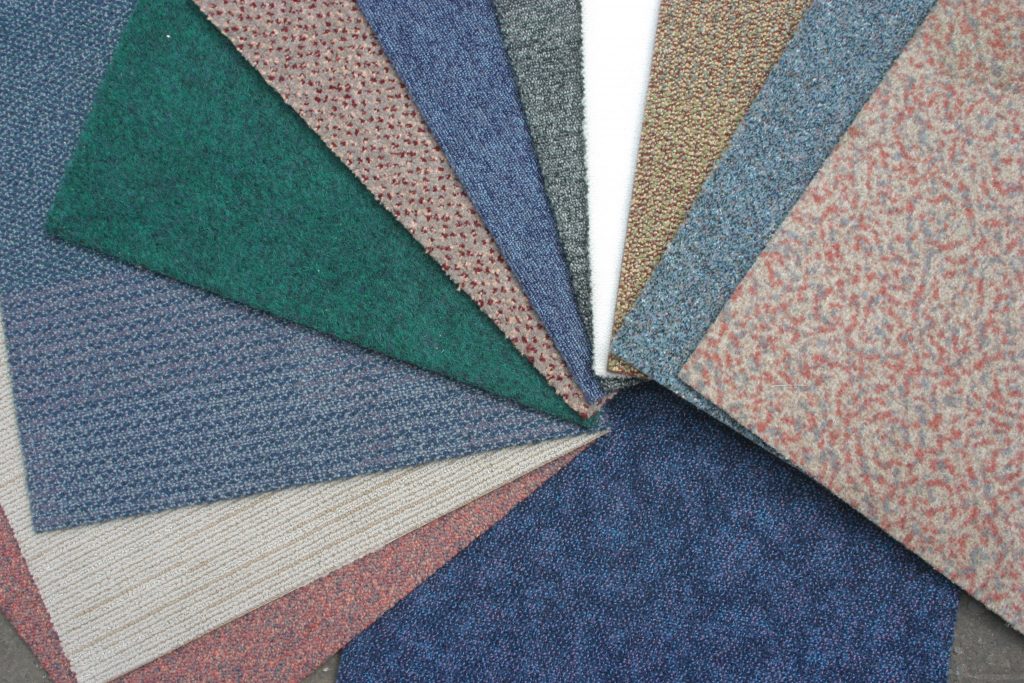Materials in development: The Scottish Circular Economy

Are we Making things last in Construction? Was the question A&DS and Zero waste Scotland asked at their event of 13th March 2019. The main feature in the event was the showcase of six emerging Scottish circular economy materials or models read more about them here:
East Africa Sisal
Coffee beans are transported to Scotland in jute or sisal coffee sacks. When the beans arrive at the coffee roasters, the sacks are cut open, emptied, and disposed of (into landfill). The company aim is to collect all these sacks from coffee roasters in Scotland, shred them, and incorporate the fibres in our insulation products. East Africa Sisal are now at the prototyping stage and are working on the best blend of fibres. Visit East African Sisal’s website here.
MacRebur – Waste Plastic in Roads
MacRebur, have developed and patented a way to use waste plastic in roads and carparks. They recently opened their first factory in Lockerbie to granulate rubbish which would otherwise have gone to landfill. These granules are then mixed with a special activator, which makes the plastic bind, and bagged ready to be distributed to asphalt producers. The MacRebur mix allows the bitumen used in the production of asphalt to be extended and enhanced, reducing the amount of fossil fuel used. MacRebur technology also means there are no plastic microbeads present in the mix and the road can even be recycled at the end of its lifespan.
Kenoteq: unfired construction unit
This unfired construction unit has excellent sustainability credentials – having 90% recycled content from construction waste, one tenth of the energy for manufacturing when compared to traditional clay-fired bricks and no cement.
The construction unit has a pleasant organic finish that does not require painting or surface treatment and also has the potential for a range of different colour finishes. The performance characteristics of the unit and its ‘build-ability’ make it suitable for most of the applications usually reserved for traditional brick/cement products and historically unsuitable for air-dried products. Visit Kenoteq’s website here.
Egg Lighting
The lightbulb has long been an icon of innovation, yet LED technology is still improving. The pace of technology should mean companies benefit from a re-doubling of their energy efficiency every 3-4 years, but in the rush to uptake longer lasting LED’s we laid a timebomb; because when LED lights do eventually break most cannot be switched over like a traditional lightbulb. This effectively blocks consumers from the thousands of pounds worth of potential savings over the life of the product. That’s why EGG lighting designed ‘The Stroma’, a modular upgradable luminaire and our ‘CCSV’ model to continuously monitor and maximise your efficiency. It’s light, but not as you know it.
Spruce Carpets
Spruce Carpets was established in 2005 as the first social enterprise involved in the re-use and re-cycling of floor coverings to reduce landfill, provide affordable carpets for low income individuals and to provide training and volunteering opportunities for people who have been excluded from the labour market and want to work. In addition, they have a key objective of being sustainable social enterprise. Spruce Cerpets are a Revolve accredited organisation and possess Committed to Excellence re-accreditation from Quality Scotland. Last year Spruce Carpets kept 111 tonnes of floor coverings out of the waste stream by adopting a Circular Business Model.
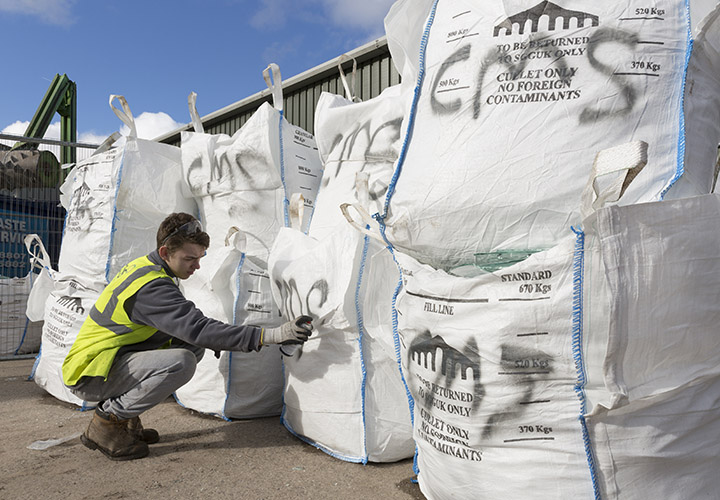
CMS Window Systems
CMS Window Systems return all waste windows and doors, extracted during refurbishment projects, back to the dedicated recycling centres alongside their manufacturing plants. Waste glass is sent directly back to Saint-Gobain to be reintroduced back into the glass manufacturing cycle and remade into new double glazed units. These become part of the new windows CMS manufacture, fully closing-the-loop. Other waste streams are handled, transported and treated safely and effectively by approved recyclers. CMS Window Systems achieved a zero landfill target in FY 2017-18. 98% of all waste – 2334 tonnes – was recycled and the remaining 2% converted from waste-to-energy.

